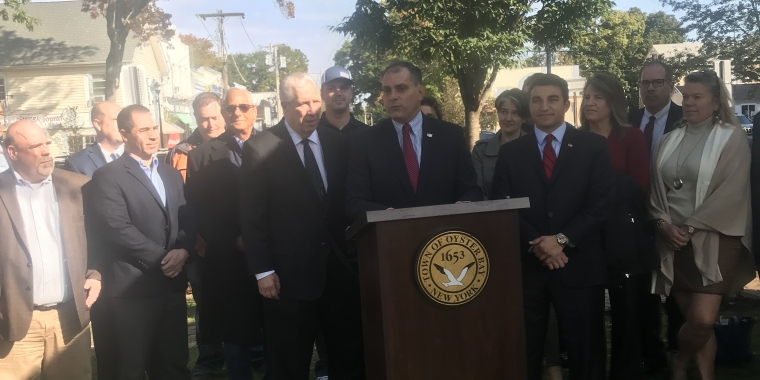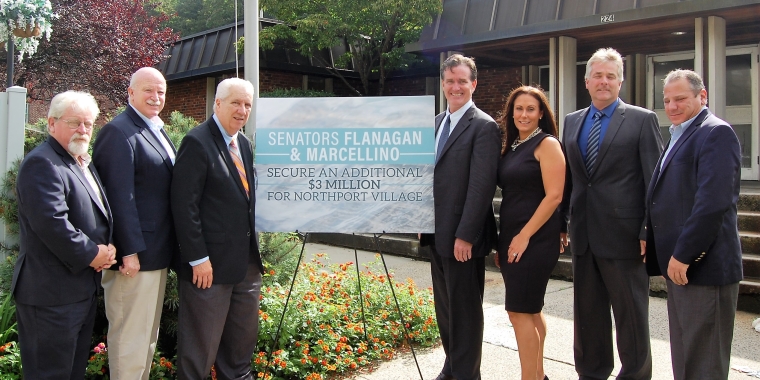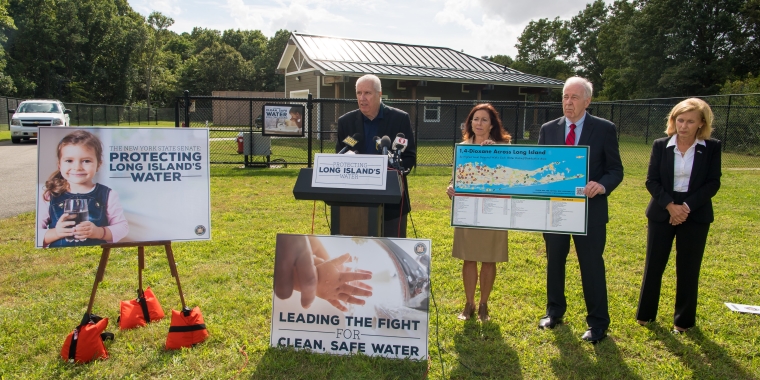
Marcellino Announces Bill That Will Prevent Credit Card Companies From Penalizing New York Cardholders Through Universal Default
Senator Carl L. Marcellino today announced that he is co- sponsoring legislation that would ban the practice of "universal default" in New York State, which allows credit card companies to increase interest rates if a cardholder makes a late payment to another credit card company or even pays a phone or utility bill late. The practice has forced some consumers to pay twice the amount of their credit card bills because of interest and fees.
Universal default clauses are increasingly common provisions in credit card agreements that allow a credit card company to increase a cardholder’s interest rate or impose additional fees and charges based on the cardholder missing a payment to another creditor, such as a credit card company, mortgage lender, or the telephone company. Information about universal default is usually buried in the fine print of a credit card agreement.
"Everyone should be extremely alarmed by these schemes cooked-up by private corporations that amount to an invasion of privacy never before seen. Under the disguise of good business practices, banking and insurance companies are developing financial practices that penalize everyone but the very rich in our society. This practice must be banned in New York State," said Senator Marcellino.
While credit card companies have always had default interest rates, late fees or other charges imposed on cardholders who fail to make timely minimum payments, with universal default, a company views a default to any creditor as a default to itself and then penalizes the cardholder.
Nearly half of U.S. banks have universal default clauses, with universal default rates running as high as 35%. Senior citizens and college students, two groups that have been identified as relying more on credit cards in recent years, are impacted greatly by universal default and other credit card practices. According to a new study by the National Consumer Law Center, the average credit card debt for consumers aged 65 to 69 has skyrocketed 217 percent over the last decade to $5,844. Forty-seven percent of college students have four or more credits cards, and students double their average credit card debt and triple the number of credit cards in their wallet by the time they graduate college (Nellie Mae Credit Card Study).
This legislaion would prohibit banks that do business in New York State from enforcing universal default provisions against New York cardholders. The measure was approved by the State Senate and the State Assembly last year, but was vetoed by then-Governor George Pataki.



